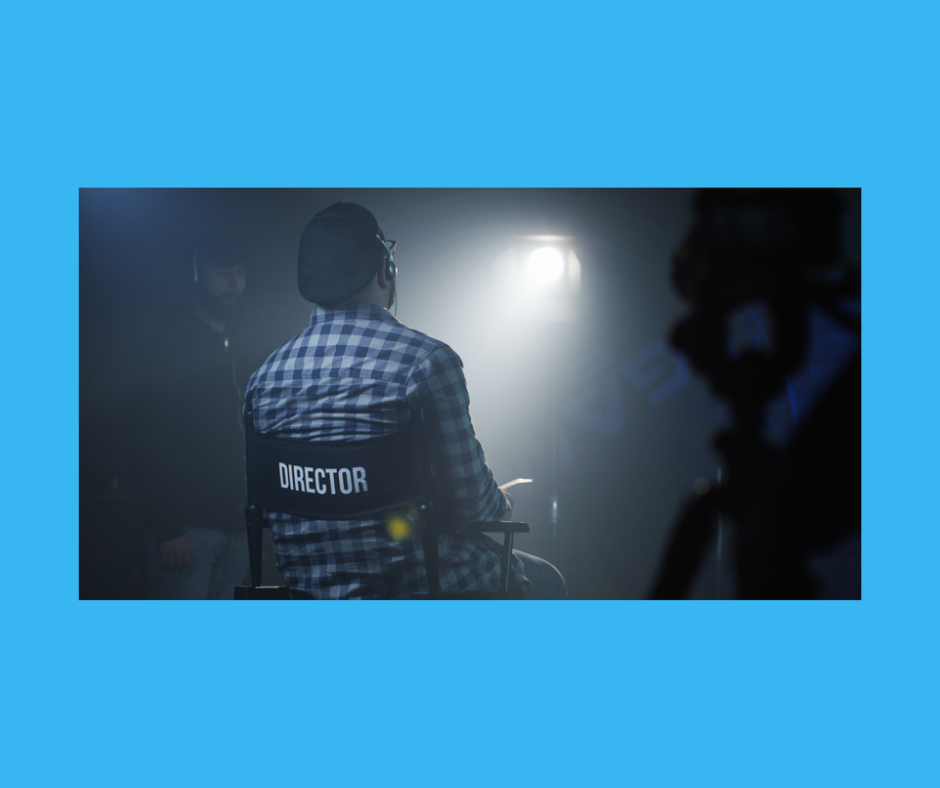Why editing your talk is the single most important thing you can do
Editing your talk – what are the main reasons we don’t and how can we edit our presentations?

Do you edit?
One of my favourite films is Cinema Paradiso.
I watched it in the 80s on videotape over and over. It is a feel-good film. Part of the story shows how a priest gets to watch film reels sent to an Italian rural village in the 1930s before anyone else. As he watches, he rings a bell whenever there is a kiss, a cuddle or even a hint of something deemed ‘romantically unsuitable’. The projectionist marks the spot on the film and cuts the kiss out.
Editing in action (although for slightly dubious reasons)
At the end of the film, after the projectionist has died, the main character discovers a reel of film he created: all those forbidden kisses have been linked together – a whole sequence of kisses, touches, eye gazes and romance. Beautiful.
It gives me goosebumps just thinking about it.
There are many reasons why we don’t edit our presentations
We don’t have time, don’t want to sound too scripted, or don’t know how to. The most common reason, though, is that we are too attached to our stories and our explanations.
The hardest job is editing your talk, and yet, when we do, it can transform our talks. Stephen King wrote about writing, ‘To write is human, to edit is divine”. I think the same applies to speeches.
When we think of films, we imagine that the skill and the magic come from the Director. After all, they set up the scenes, direct the actors, and complete the technical act of filming.
However, the eloquence of cinema is achieved in the editing room. It is the bits cut out, the pieces spliced together, that matter.
Editing isn’t just that things are taken out: it is the creation of something new.
We imagine that writing a talk and coming up with content, stories and slides is a job done.
However, the eloquence of a talk is achieved in the editing room. It is the words you chop out, the rewording of sentences, and the resequencing of stories and phrases. Editing isn’t just about taking out: it is the creation of something powerful.
Here is another quote from Steven King:
When you write a story, you are telling yourself the story. When you rewrite, your main job is taking out all the things that are NOT the story…Your stuff starts out being just for you…but then it goes out. Once you know the story and get it right, as right as you can…it belongs to anyone who wants to read it or criticise it.
Editing your talk takes what you want to say and creates a message that is all about what the audience needs to hear.
To edit effectively, we need to prepare to be ruthless and committed to finding the best way of saying something, not just the ordinary or obvious. Here is William Zinsser, On Writing Well: The Classic Guide to Writing Nonfiction
I especially like to cut: to press the DELETE key and see an unnecessary word or phrase, or sentence vanish into the electricity. To replace a humdrum word with one that has more precision or colour. I like to strengthen the transition between one sentence and another. To rephrase a drab sentence to give it a more pleasing rhythm or a more graceful musical line. With every small refinement, I feel that I’m coming nearer to where I would like to arrive, and when I finally get there, I know it was the rewriting, not the writing, that won the game.
Editing your talk: what you can do
Get rid of unnecessary words.
Replace humdrum words
Strengthen transitions
Rephrase drab sentences
What’s the point? Here are some ways we can create something magical through the act of editing:
Adding in precision and colour.
Using concrete examples and stories
Using sensory words and phrases
Choosing words and phrases that have rhythm and pattern and balance
I love this quote:
“Writing without revising is the literary equivalent of waltzing gaily out of the house without your underwear. If we apply this to defining and designing a speech, then not editing, is missing a trick.”

Here are three tips for editing (and creating) your talk
- Listen to yourself and cut out the waffle when editing your talk. Make sure that your message isn’t hidden in unnecessary bluff and bluster. Reading what you have written and intend to say only works so far. It isn’t until you say things out loud, that you can truly edit.
- Craft your stories and carefully weigh up which way to best explain or clarify.
- Don’t just edit to cut down time and be more concise. Edit to add in the magic and make your message more memorable.
A final note on my favourite film, Cinema Paradiso. A few years ago, I bought a copy of the film on DVD. I started to watch it and realised I’d bought a copy with some of the cut pieces added back in. It didn’t work for me. The story’s meaning changed. The parts that made me feel good had got lost. New messages that didn’t resonate as much, took prominence. I was hugely disappointed. Thankfully, I hunted down the original edited version. If you want to know what I am doing on a rainy Saturday afternoon, you’ll find me curled up in a chair watching a reel of forbidden edited kisses. Bliss.
If you’re preparing a presentation and need some help, let’s chat – get in touch.
